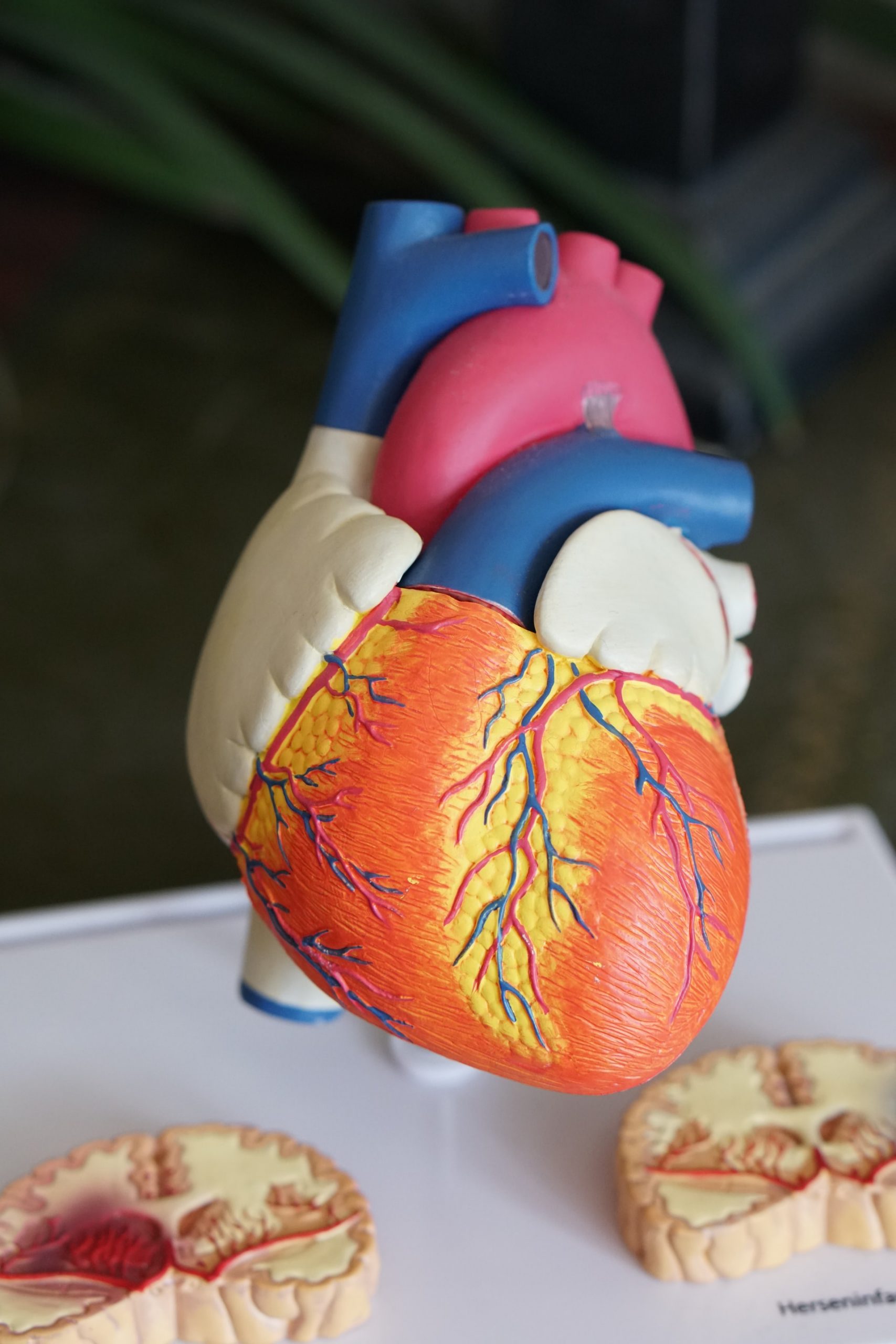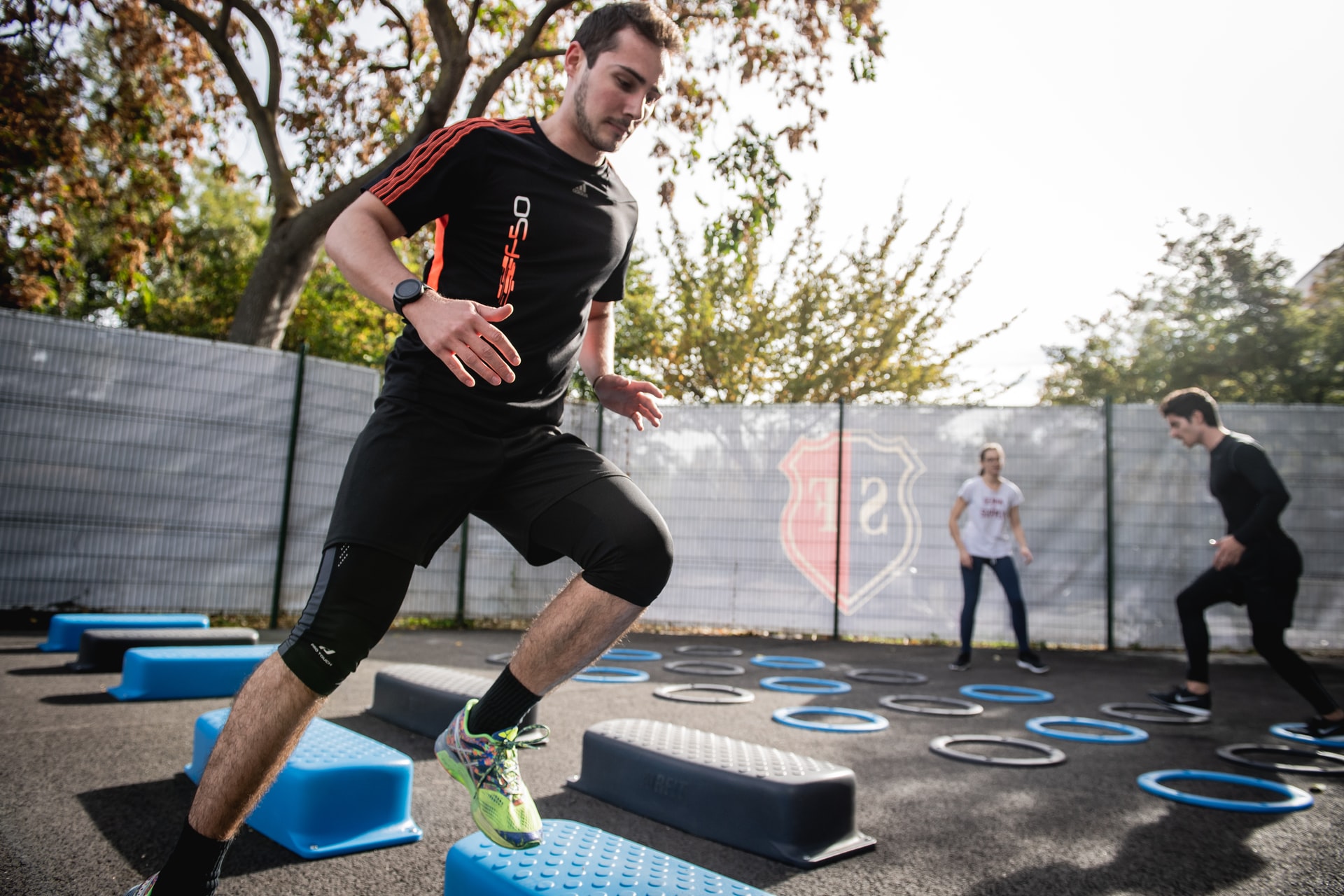We spend a third of our lives sleeping, but millions of us may not be getting enough high-quality sleep to derive the much-needed benefits it provides.
We know people who don’t get regular deep sleep are at a greater risk of heart attacks and stroke. They report more absences from work, work-related injuries, and even more motor vehicle accidents. The unintended consequences of a lack of sleep may not just impact your health, but the health and safety of those around you.
Several conditions can lead to sleep apnea. We know men are more likely to suffer from it than women. Men also are more likely to suffer from the adverse effects of sleep apnea. And we know a person’s body weight, throat shape, even how a person’s brain is wired may cause people to develop sleep apnea.
There are a number of ways to treat sleep apnea but the most effective, especially for those severely affected, is with the use of a continuous positive airway pressure, or CPAP, machine. This device helps to keep the airway open the same way a tire is kept inflated—by using pressurized air. Based on the data we have, unfortunately, only 47% of those diagnosed with sleep apnea who use a CPAP machine are using it as they should.
People report many issues with getting accustomed to the device. It’s not all that comfortable — it requires you to wear a mask that forces air into your nose, and that mask can shift during sleep. Older machines can be noisy. So those of us who take care of people with apnea are always looking for ways to make using a CPAP easier.
That’s the goal of my current research project – the idea for which I credit a patient of mine. After using the machine, he told me, “if you’ve got any patients who aren’t sure about using a CPAP, send them to me. It’s changed my life.” So, I began to consider, rather than being told what to do by a doctor, would a person diagnosed with sleep apnea have more success learning how to use the machine with a peer counselor?
What’s been unique about this project, funded by the Patient-Centered Outcomes Research Institute (PCORI), is that we were encouraged to engage with patients, parents, and other groups in all stages of the project. PCORI supports research that is guided by patients, caregivers, and the broader healthcare community with the goal of focusing on outcomes that are important to patients.
What we did was to train patients who were successful at using the CPAP to be able to help other patients do the same. Then, we looked at whether this peer coaching improved the experience of using the machine.
Patients I treat always ask me if I wear a CPAP, and I don’t. So, I don’t know what it’s like. But a peer who is doing a good job with the machine will understand the issues other patients may be having far better than I do and help them adapt. These peer coaches provide emotional support as well as advice on how to get the most out of the CPAP.
We found that patients with peer support used their CPAP machines more often and were more satisfied with the support they got from their doctor and sleep clinic. Now, we’re looking at next steps, to see if peer support can improve adherence in other areas. For instance, one out of every four people referred for a sleep study, don’t do a study. More than a third of patients who are recommended for a CPAP machine never even try to get one.
Learning more about the success of peer support, and how people can get more out of their doctors’ visits, may have huge implications across the healthcare system.
Photo by Adi Goldstein on Unsplash




